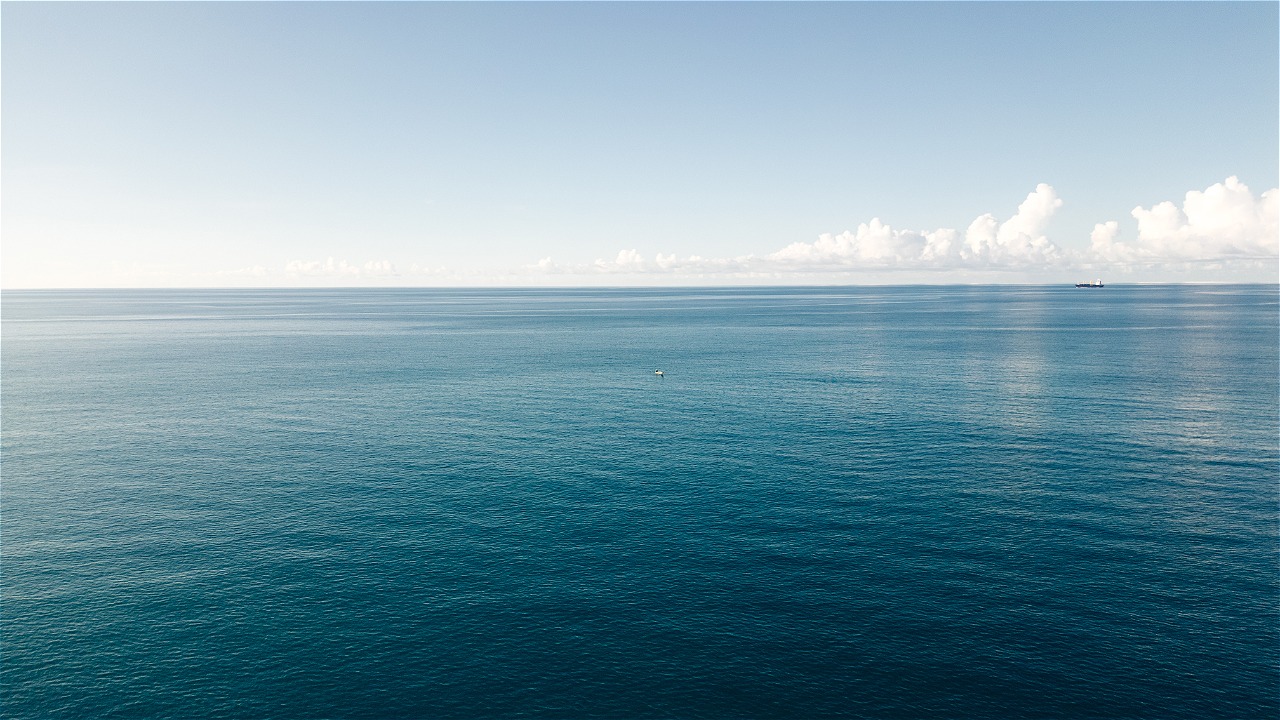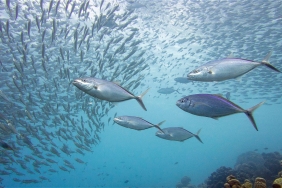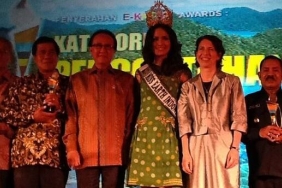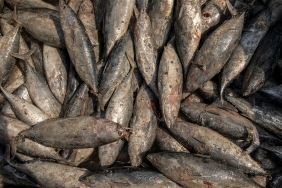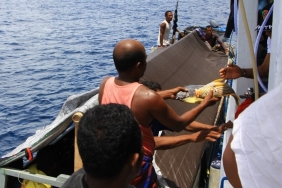RESPONSIBLE MARINE ESCAPISM: RESPONSIBLE FUN
Author: Annisa S. Ruzuar (Responsible Marine Tourism and Sustainable Seafood Communication Advisor)
Have you ever dreamed of a vacation in the midst of a busy work routine? Increased stress levels and competitiveness lead to the desire to go on vacation to beautiful locations, such as remote islands and beaches. Call escapism!
There is a growing number of cheap vacation packages these days. From weekend getaway packages around Jakarta to exploring beach and underwater paradises like Karimunjawa and Raja Ampat. All of these opportunities can be had at a price that doesn't break the bank. Yup! Now a vacation in a charming location is more affordable for all.
Tourists and the Ecological Footprint Left Behind
What's your go-to item for a vacation? Bottled mineral water. Practical, cheap, can be bought anywhere while on vacation. Ever wondered about the impact this small item has on the environment? Try to calculate how many bottles of mineral water we drink per day. Approximately 6 - 12 plastic bottles are produced in a short three-day vacation. This is just one person, even though a busy island tourist site can be visited by 1,500 tourists every weekend.
Take Karimunjawa National Park as an example. According to Mr. Jasmar, a local waste observer in Karimunjawa when visited by Jelajah Biru - WWF-Indonesia's partner in developing a number of conservation-led tourism destinations - the increase in the number of visitors since 2007 has brought prosperity to the people in Karimunjawa. Fishing boats have been rented out to bring tourists to enjoy the beauty of the sea, and homestays have mushroomed. This positive impact has left many unaware of the threat behind it. According to Mr. Jasmar, Karimunjawa is experiencing a waste crisis!
Visiting Mr. Jasmar's home, you'll be greeted by dozens of tall bundles of plastic bottles. Some piles are almost as tall as he is. In three months, Mr. Jasmar can collect 300 kg of plastic bottles and styrofoam packaging from several homestays and restaurants. According to him, this is only a fraction of the plastic bottle waste that Karimunjawa receives every week. With an estimated 1,000 - 1,500 visitors per week, there is at least an additional 4,000 - 6,000 plastic bottle/mineral water glass waste per day on the 1,500 ha archipelago. Without adequate waste management facilities - currently waste is simply piled up or dumped into the sea - Karimunjawa will soon be buried in plastic bottles!
Trash is just one of the many ecological footprints that tourists and escapists leave behind on their escapes. There are still issues of energy, water, and consumption patterns that deserve attention. The growth of the tourism sector, especially marine tourism, not only brings economic benefits, but also negative impacts that affect the quality of the environment and affect the communities around tourist areas. As consumers who consume natural beauty, we should apply responsible practices in our travel.
Lets travel with respect. Be a responsible escapist!
The story from Karimunjawa also happens in various tourist sites that are visited in Indonesia, one of which is in Labuan Bajo. Becoming a responsible traveler is not difficult. It can start with small steps, such as bringing a water bottle and shopping bag to reduce plastic waste. In addition, there are three principles of responsible tourism that can also be applied when traveling: 1. Principles of environmental responsibility-reduce waste and preserve the location visited; 2. Principles of social responsibility-respect local customs and wisdom; and 3. Principles of sustainable business responsibility-prioritize economic transactions with local communities.
To support this, the WWF-Indonesia responsible marine tourism program (Responsible Marine Tourism Program) team with the support of a number of practitioners and academics created several Best Environmental Equitable Practices (BEEP) series, one of which is the Ecological Footprint Series. This guidebook can be used as a bible for nature lovers who want to travel and minimize harmful ecological footprints.
Let's be nature consumers who love the environment!

